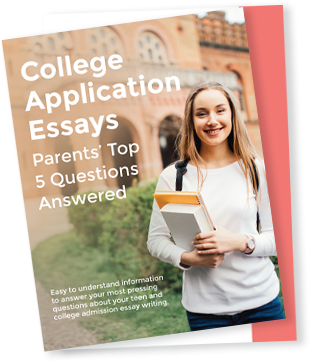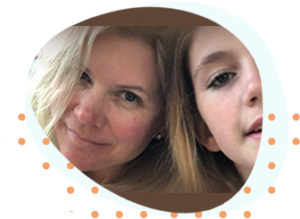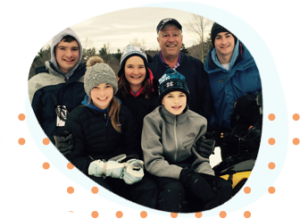In last week’s blog, we heard from our TWE tutor, Joe, about his tried-and-true formula for essay success.
Joe’s back this week to share more of his tips for approaching essay-writing – and life! 🙂 Read on to get his great nuggets on writing and English class essays…
Here are some tips and tricks I gained as a current university student through my years in school. I think there is a simple approach to learning a distinct method that you’ll use not only inside school but outside as well. As I grew my essay-writing skills throughout high school and even into my undergraduate years, here are the top three tips I have for improving grades on papers.
Tip #1 – You and the Writing Process: Understanding the Directions Before Writing
My relationship with writing essays changed dramatically for the better when I started following the rule of not starting my essay until I fully understood the directions or prompt. Writing an essay when you’re not entirely informed can be a very slow essay approach which will unfortunately be reflected in the grade you receive on your paper. When I got to college, the first essay I had to write, I did not plan and understand what I was trying to argue and ended up having to rewrite a few times as I ended up going in the opposite direction I planned.
Utilize collaboration with your classmates and teacher to make this process easier. I rarely can sit down and write an essay without utilizing the help of my peers beforehand, and I’ve found that aligning with them as I’m still outlining my essay works best. Then, the essay almost writes itself as I have all the necessary information to produce an impressive, well-informed piece of writing.
Tip #2 – You and the Writing Process: Analyze, Explain, and Give Details as You Write.
Another helpful tip is to over-analyze and explain. I say over-analyze because you probably will not be over-analyzing – this is to get you in the habit of thoroughly explaining your thoughts.
I leave my most intense writing until my final editing phase, as my first couple of drafts act as an outpouring of all the information and ideas that I formulated in my pre-writing phase. In doing this, you’re able to get everything down on paper and out of your head, where you can then later move to hone in on the essay’s main points you wrote and come up with. If it seems like you’re writing too much, you’re probably doing it right.
The more you write, the more material you have to edit and mold into that “A” of a paper; it is easier to remove words than struggle to brainstorm more that fit your flow.
Tip #3 – You and the Writing Process: Give the Real Meaning – Connect Your Life to the Conclusion.
This leads to my final tip. In my eyes, the best papers have the strongest finishes. A great conclusion will separate your papers from the rest; and leave your teacher with something to linger on after reading. The student who can effectively summarize and close out their paper shows the teacher that they truly grasp the prompt and their answer to said prompt.
In high school, I found myself reaching the conclusion and being burnt out and wanting to just close my laptop and be “done”. I highly encourage you to step away from your computer once you’ve finished the main part of your paper, this will allow you to collect your thoughts and recharge before tackling this important final step – the conclision.
Your conclusion should be personal and thorough, especially if it’s an argumentative essay. By connecting your conclusion to your life, you will be adding meaning to your answer and the overall position that you took, strengthening your entire paper in the process. Topics like society, relationships, self growth and resolving conflicts cover many of the main ideas you can add to your conclusion as you relate to life and the work.
- Understanding the Directions Before Writing
- You and the Writing Process: Analyze, Explain, and Give Details as You Write
- Connect to your life in the conclusion
If I could go back and redo high school, I wouldn’t change a lot, as high school is a time to learn and grow as a young adult. But, I would change these small approaches to school and English classes especially to better prepare myself for college success and my future career. I do believe these tips can push you ahead and create effective habits no matter the level of English class and enjoy the process along the way.







